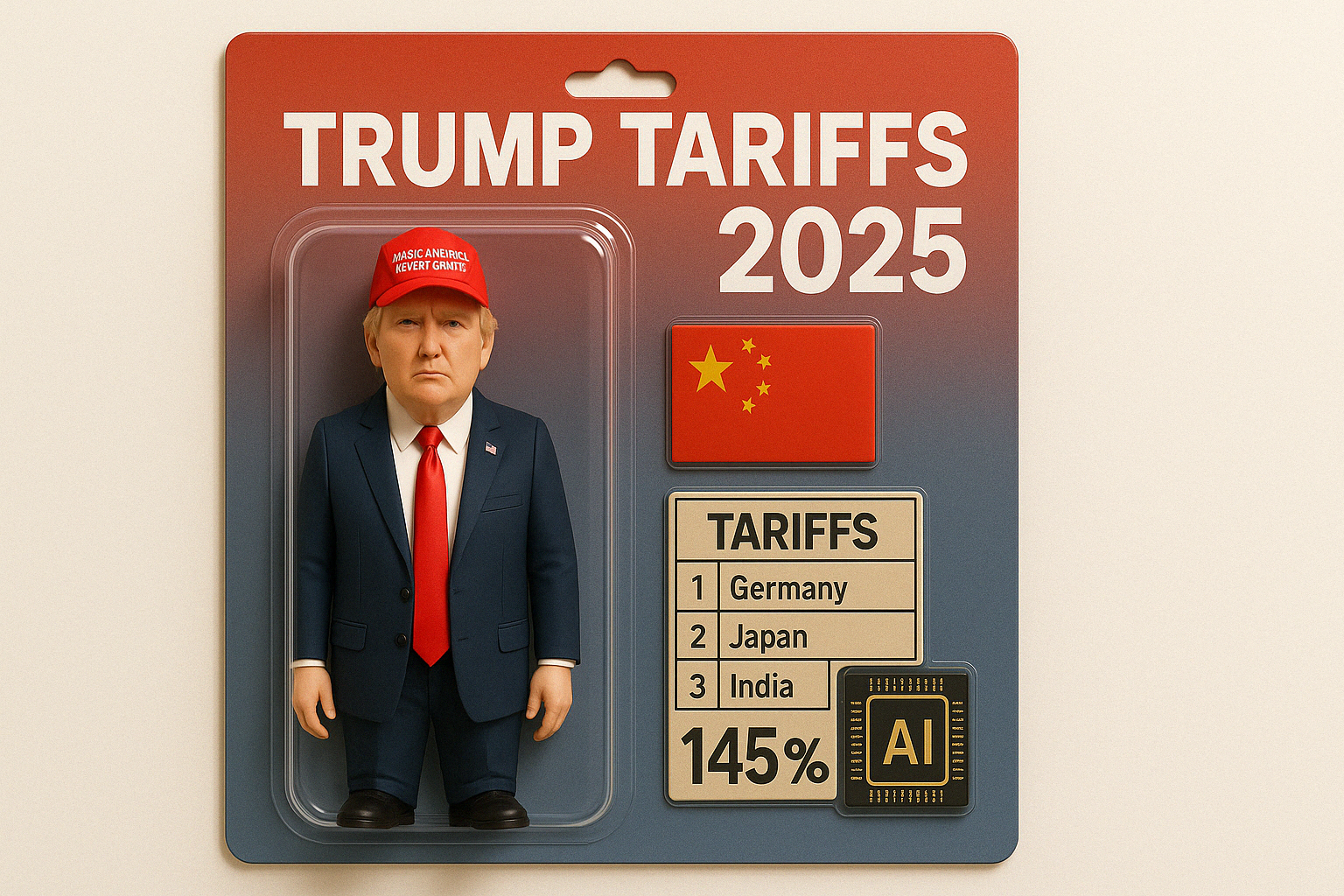
Given that online stores usually have an extensive eCommerce product catalog of online inventory, creative descriptions might be hard to write. Effective product descriptions do, however, share a few characteristics: they not only give consumers useful details about the product, but also a sense of its advantages. Consumers who read ineffective product descriptions may wonder what the product is for and what distinguishing qualities it has.
On the other hand, a poor product description may leave your customers wondering what the product is for and what distinguishing qualities it has. Understanding which writing format can help you achieve requires effort. You may develop product descriptions that will help you make a sale by selecting the appropriate tone, length, and eCommerce keywords.
eCommerce tips and best practices for product descriptions
Know your target buyers
It will be simpler to target your ideal customers with customized offers the more information you have about them. This equation is applicable to every facet of your marketing initiatives. You want to produce content that appeals to consumers and influences their decision to buy your goods.
With your customers, an excellent product description can create a unique type of communication. You can speak to their issues and needs by using the appropriate language and tone. For instance, by taking into account details about the age, average income, interests, level of education, and location of your ideal client, you may target them with the appropriate terms rather than making educated guesses about the words that would impact them.
Pick the right words
While some word selections in marketing language can detract from your brand, others can encourage trust and drive. By evoking certain senses, certain descriptive words might activate a call to action:
Words such as “now”, “quick”, “going-fast”, “minute”, “second”, or “last” create a sense of urgency and motivate customers to complete an action on your website.
Words such as “best-seller”, “satisfaction”, “painless”, “smooth”, “money-back”, or “privacy” persuade audiences that you are a trusted retailer. As an online merchant, you will make your visitors feel at ease and boost their readiness to pay.
Some words might be detrimental to your brand's image and sales. You risk losing your consumers' interest if you employ impersonal and overused words and phrases like "hurry," "unique," or "your money back guaranteed."
Focus on the benefits
The genuine value for clients should be revealed in product descriptions that convert, therefore supporting the features and specifications with convincing benefits. Because you invested time and effort into developing and marketing your items, you are confident in their quality. Customers might not share your enthusiasm, though. As a marketer, it is your responsibility to convince customers that the product will make their lives better. Give evidence to support this claim.
Use the right tone
The tone of your marketing, including product descriptions, is determined by your brand's objective and statement of purpose. How consistent your brand is throughout marketing platforms will affect the tone you choose for your product descriptions. Do you typically speak in a technical, formal, or informal manner? Do you seem like an authority or are you prepared for a dialogue with potential customers? The answers to these questions will determine whether you employ a friendly tone and casual language or stick to formal terminology.
You only have 7 seconds
Due to their short attention spans, online users scan the content. In actuality, you have just 7 seconds to persuade visitors that your website is pertinent to their wants. Making a product page scannable for the most crucial details is therefore advised. Consider using bullet points for your product descriptions if you don't want your buyers to spend their time.
Add social proof
By incorporating user-generated material into your product descriptions, you may increase the value and trustworthiness of your offerings. Most internet shoppers gravitate toward the products with the best ratings; use testimonials from actual customers to keep them loyal to your company. Products that are well-liked and supported by actual user feedback are more likely to convert.
SEO optimization of product descriptions
Your website pages will receive more qualified visitors if your product descriptions contain pertinent keywords and phrases. By making it simpler for clients to find your brand, you can gain an advantage over rivals.
Add pertinent keywords to your product descriptions to improve them. Since search engines give titles the most weight, use these keywords in the product title. Writing content that is user-friendly is essential, so put your target audience before search engines.
Conclusion
How well you understand your target market will show in your product descriptions. Knowing what motivates your customers will make writing compelling product description content simple. This will help you capture new markets and boost sales and product page conversion.








































































































